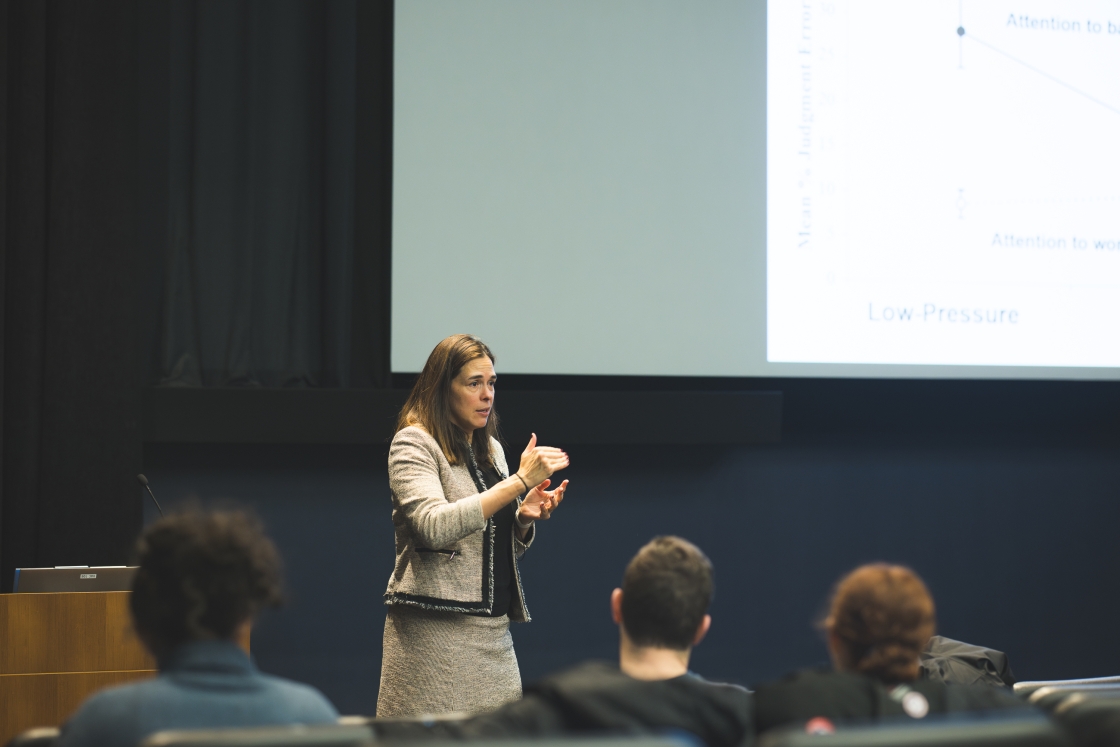[[{“type”:“media”,“view_mode”:“media_large”,“fid”:null,“attributes”:{“class”:“media-image alignright size-full wp-image-1606”,“typeof”:“foaf:Image”,“style”:“”,“width”:“100”,“height”:“100”,“alt”:“New York Times”}}]]A New York Times essay written by Geisel School of Medicine and Dartmouth Institute for Health Policy and Clinical Practice Professors Lisa Schwartz and Steven Woloshin, discusses the risks and benefits of cancer screenings.
Schwartz and Woloshin explain that “false alarm” is often the most common negative result of unnecessary screenings and procedures. The two point to other potential problems as well. “Overdiagnosis—the detection of cancers never destined to cause problems—is arguably the most important harm of screening,” they write. “Some cancers grow so slowly that they would never cause symptoms or death. When screening finds these cancers, it turns people into patients unnecessarily.”
In the essay, Schwartz and Woloshin share their insights about the pros and cons of screening for diseases such as colon cancer and lung cancer, and urge patients to be informed about the potential benefits and risks of regular testing.
Read the full story, published 4/16/12 by The New York Times
